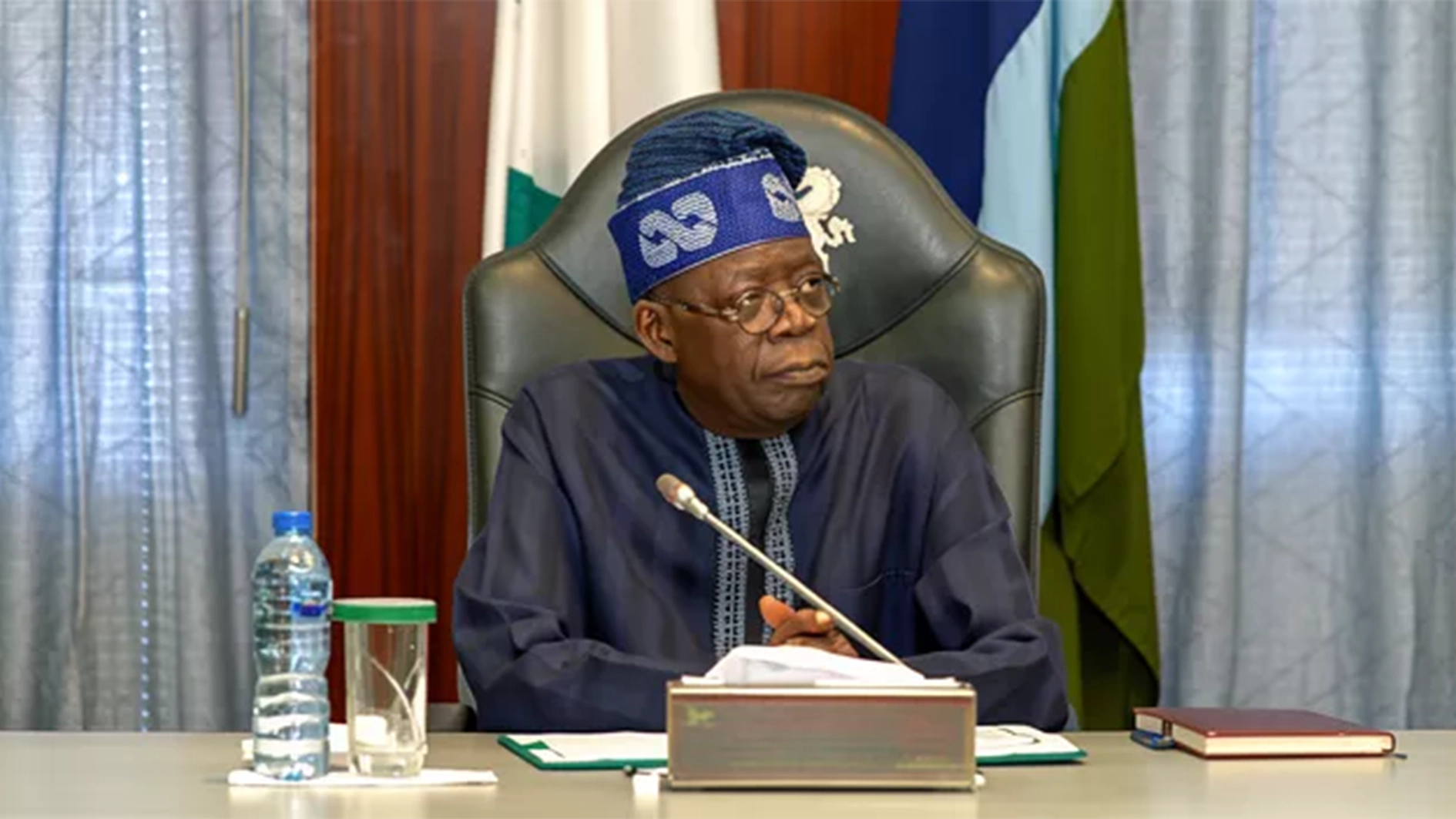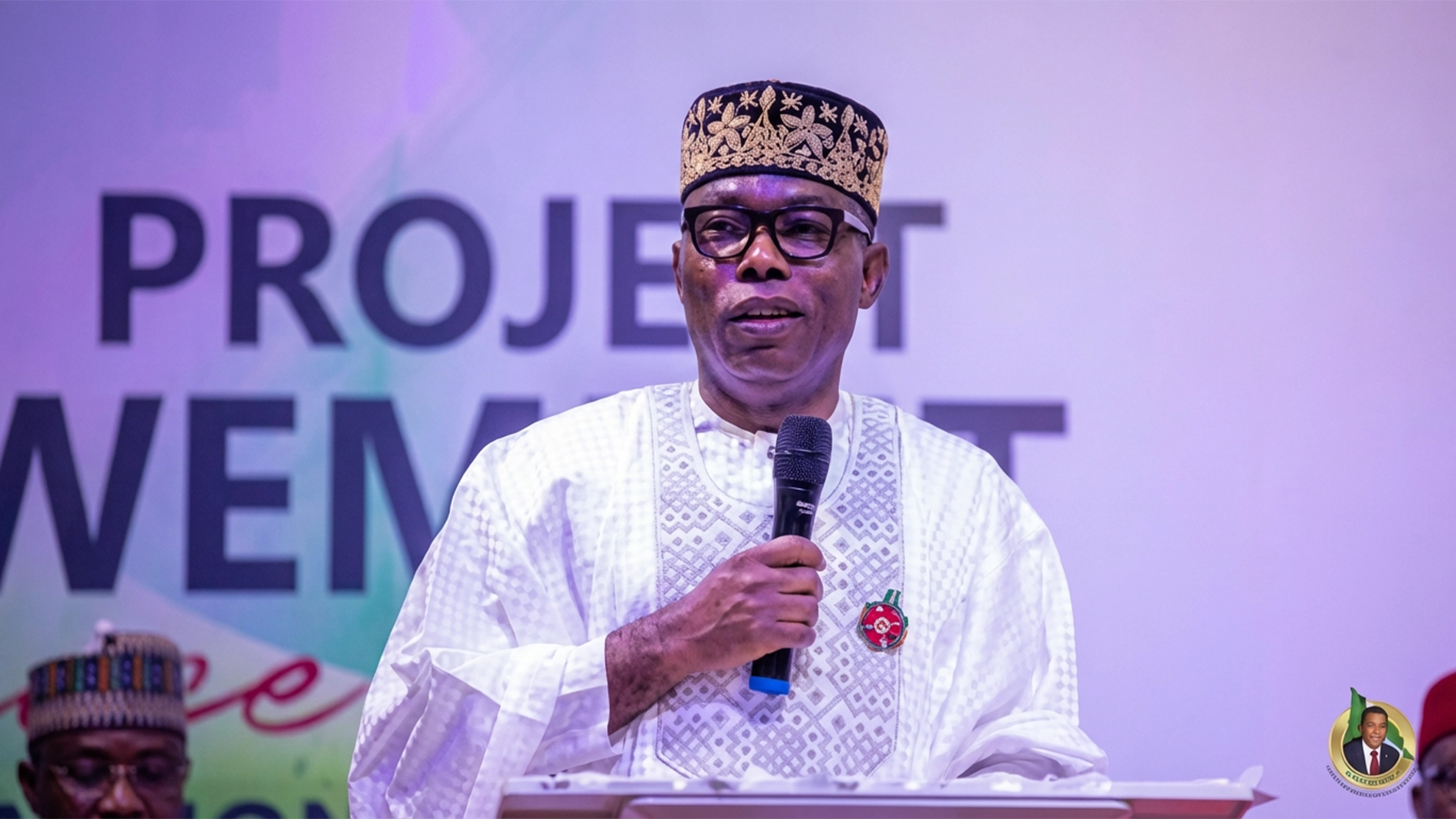
• NNPC’s operational deficit rises to N24.23b
• Marketers push for more allocation, subsidy
• Fuel scarcity may linger beyond seven days
• Corporation , foreign oil firms to provide forex for fuel import
Fuel subsidy has not been re-introduced by the Federal Government, according to the Petroleum Products Pricing Regulatory Agency (PPPRA). And the government has not increased the prices of petrol. It remains at the regulated prices of N86 at Nigerian National Petroleum Corporation (NNPC) filling stations and N86.50 at order outlets.
It was learnt that that the fuel crisis may have been instigated by petroleum marketers to frustrate supplies of petrol at depots and filling stations in order to get a higher import allocation from the Federal Government and ensure that it cancels its price modulation mechanism and resumes subsidy payment.
Besides, the NNPC is grappling with fresh challenges as its operational deficit rose to N24.23 billion last in February, from about N3.55 billion recorded in January.
The PPPRA, had in the allocated 41.73% to the independent marketers got 58.27% for the second quarter.The hope that the fuel scarcity would end by the first week of April may not be possible after all due to the long process of ordering Premium Motor Spirit (PMS) otherwise known as petrol from refineries.
Some marketers who spoke with The Guardian in confidence said it may not be easy to eliminate the fuel scarcity as promised by the Minister of State for Petroleum, Ibe Kachikwu, as it may take about two to three more weeks to get fuel into the country’s depots.
It has also emerged that the Federal Government made $247.45 million from crude oil and gas sales in the month of February 2016. But a total of $236.7 was used by the Federal Government to settle Joint Ventures Cash Calls.
The PPPRA source who spoke with The Guardian yesterday, said that it would be unfair for the government to talk about increasing the pump price at this period of fuel scarcity.The source said that the market fundamentals did not support the upward review of prices of PMS.
“The new allocation ratio followed extensive deliberations by all stakeholders and in particular the commitment the government received from the marketers. The decision to give a greater percentage of the allocation to private companies was to allow NNPC focus on the key task of building domestic fuel reserves. NNPC was not able to meet up with its obligation of importation of the product and this gives the opportunity to re-consider the marketers who have always been with us and helping us to meet the needs of fuel importation in the country”, the source added.
On the likelihood of ending fuel scarcity soon, another industry source stated: “The private sector had imported about 60 per cent of that national consumption before it was reduced to 22 per cent. Despite being given a lower allocation, we were still incapacitated to bring in product due to lack of funds, lack of support from banks to open letters of credit and lack of foreign exchange to liquidate matured letters of credit. We are happy that our allocation has been increased, but it will still take some time for us to order and import PMS into the country.
It should be noted that you don’t just give an approval to import today and expect the product the next day. There is a process to follow.”
The latest monthly report for February released by the NNPC at the weekend showed that the three refineries operated at an average capacity utilisation of 1.84 per cent compared to 14.10 per cent average capacity utilisation achieved in the month of January 2016.
Meanwhile, the electricity sector is faced with one of its lowest moments which has forced the nation into a lingering blackout, even as the scarcity of fuel denies domestic and commercial consumers from operating alternative private generating sets.
As at yesterday, the fuel crisis situation had not showed signs of easing as motorists waited endlessly to purchase the product. The February PMS report, entitled “Premium Motor Spirit (Petrol) Price Watch”, fuel prices averaged N99.76 per litre in February 2016 as against the stipulated pump price of N86.50.
Average petrol price in the country was N109.59 in January 2016, N119.61 in December and N115.35 in September last year.The Guardian investigation showed that hawkers have thrown caution to the wind to sell product in residential areas and along major roads in the country.
As at yesterday, most petrol stations in Lagos have closed down while the few dispensing the product are selling at between N130 and N200 per litre.
NNPC and some International Oil Companies (IOCs), yesterday disclosed that they had put measures in place, to provide the needed foreign exchange to sustain the importation of petroleum products into the country.
Speaking in Abuja, while conducting on-the-spot assessment of petrol supply to filling stations, Chief Operating Officer (COO), Downstream of the NNPC, Henry Obih, explained that the corporation would use its own share of the Direct Sales-Direct Purchase initiative to fulfill its importation allocation obligations.
Obih hinted that supply would improve in the coming days, as the NNPC had taken care of extant issues that disrupted its successful implementation in the first quarter import cycle, of which it got 78% of the total allocation.
He also explained that as part of the measures, NNPC expects that in the month of April, the country’s refineries in Port Harcourt, Warri and Kaduna would be able to begin production and contribute to its pool of supply sources.
Obih also hinted that Kachikwu, has negotiated a workable solution to the challenges of access to foreign exchange for importation by other independent marketers.
According to him, the newfound solution includes upstream IOCs, working in conjunction with the NNPC and the Central Bank of Nigeria (CBN) to provide foreign exchange for marketers to use in importing petrol.






